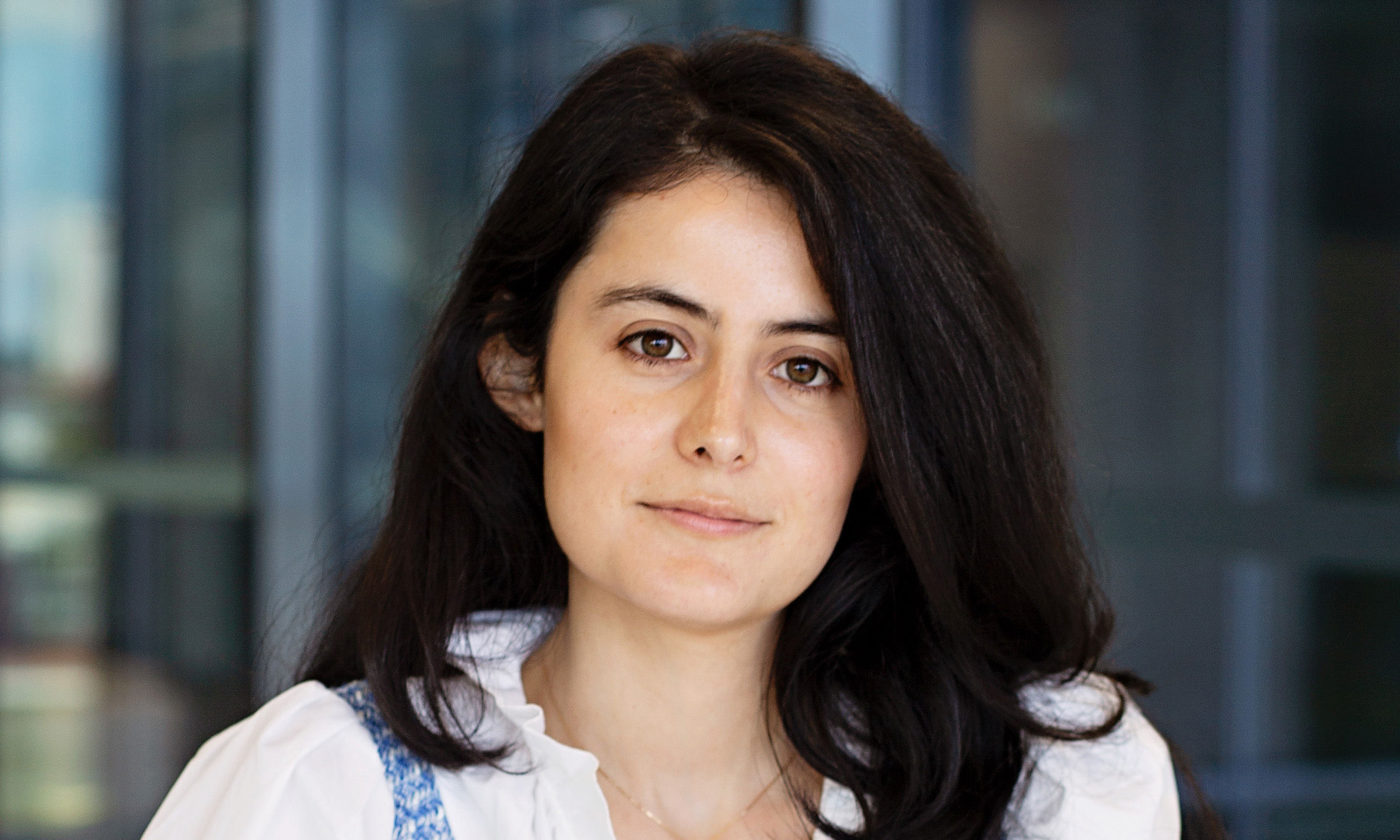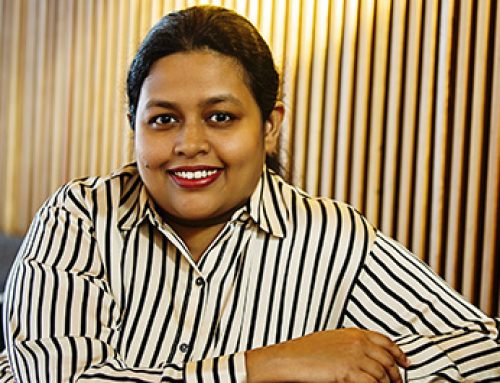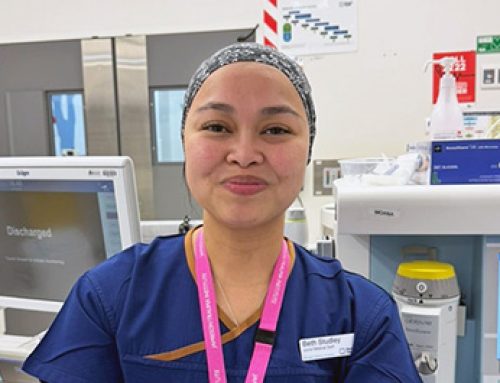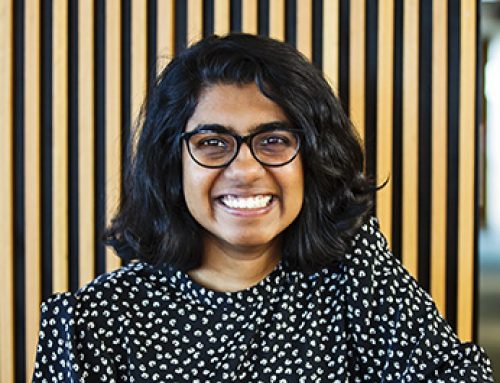I finished my PhD. Did I?
By Natalia Gonzalez Bohorquez, AusHSI PhD Scholar

Here I am with the strange feeling that some will recognise of finishing something big and yet, instead of feeling relieved, experiencing a strange void sensation. Why am I not feeling the hysteria and euphoria that I promised myself I would experience at the end of it? Is it what we all feel at the other end of a period of stress? Is it the uncertain blurriness of my next purpose? Is it my brain and body feeling surprised and somehow uncomfortable with the idea of no longer thinking about a subject that I have been working on almost exclusively for the last 4 years? Is it burnout? Is it just change?
I ask myself these questions routinely when I feel things I don’t understand. I give them relevance, as I want my mental health to be integral to my well-being and not something I only care about on an “as needed” basis.
I started this journey with research ideas that would help local councils in regional (including rural and remote) Australia to address the inequity barriers experienced by people with disabilities. To realise these ideas, I:
- Critically reviewed liveability as a concept helpful to assess how good a place is for its inhabitants.
- Critically reviewed a mixed-methods approach to health economics.
- Developed methods recommendations for researchers who want to use qualitative data to inform quantitative instruments.
- Designed research instruments accessible to all types of disabilities, and
- Investigated how liveable regional places are for people with disabilities living in regional Australia.
“Not smooth” is an understatement to describe a PhD journey. I experienced all of the challenging circumstances that higher degree research students have to deal with, such as dramatically pivoting the direction of the research project every time something out of our control happened, negotiating ethics for months on end, growing a collaborator network in a new field and even managing hundreds of emails per day from impostor participants when my research was advertised on social media. Of course, you don’t do it alone, but the adage about men/women planning and God/Goddess laughing from above comes to mind. What a blast they must be having with all the research projects. But that is okay; building resilience is a latent skill learned by all research students.
I learned like never before, yet this void is hijacking my sense of achievement. Probably in a couple of months, with a restful mind, I’ll feel different. For now, I will say that what I feel is the anticlimactic sensation that this job is not finished.
Every day, people with disabilities in regional Australia are experiencing place-based inequities and discrimination. Health equity gaps are no longer empty spaces with no answers, but spaces filled with studies that exclude research populations, as people experiencing vulnerability do not fit their criteria. Those who are invited are not considered experts or stakeholders, but participants with some answers that might be useful in addressing research questions. Changing research practice through innovation, as AusHSI does, is no longer an attractive motto: it’s an imperative need if we want to design health services and communities inclusive of human diversity.
I did finish my PhD, but I am certainly not done with the subject. More work is always needed in this field and, as researchers, we should never stop contributing to or caring about those problems we first set out to solve.







